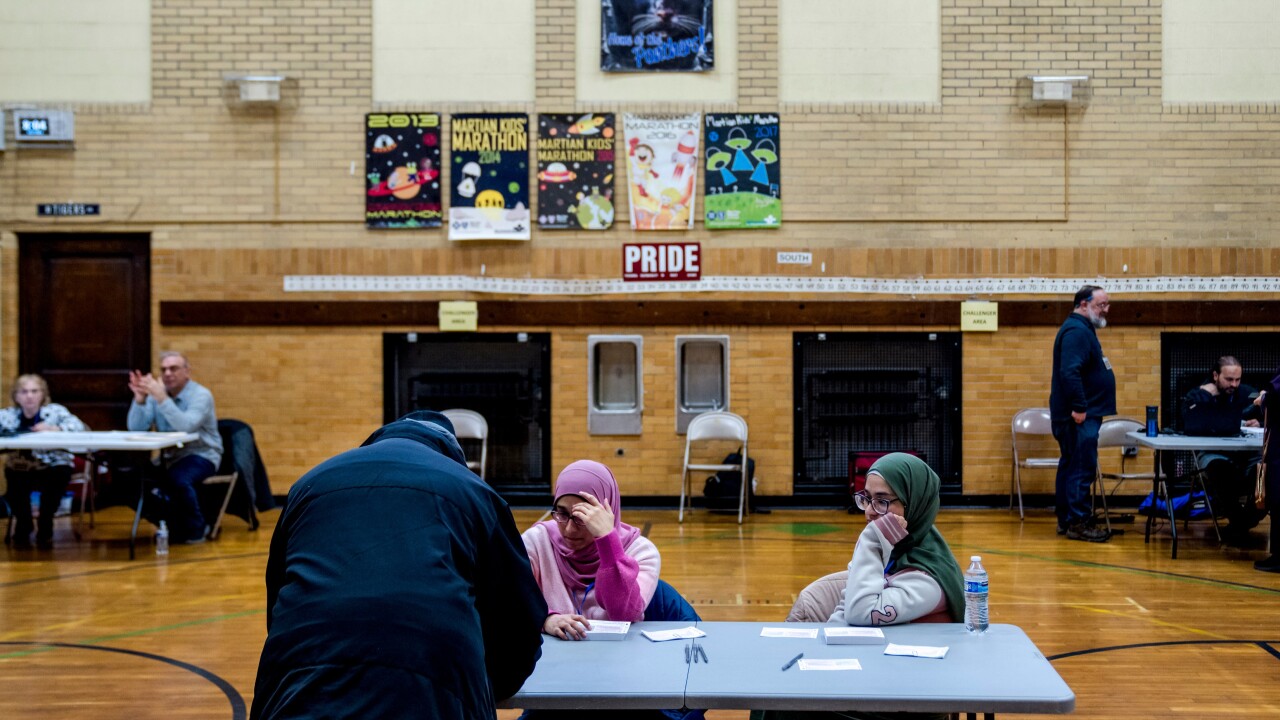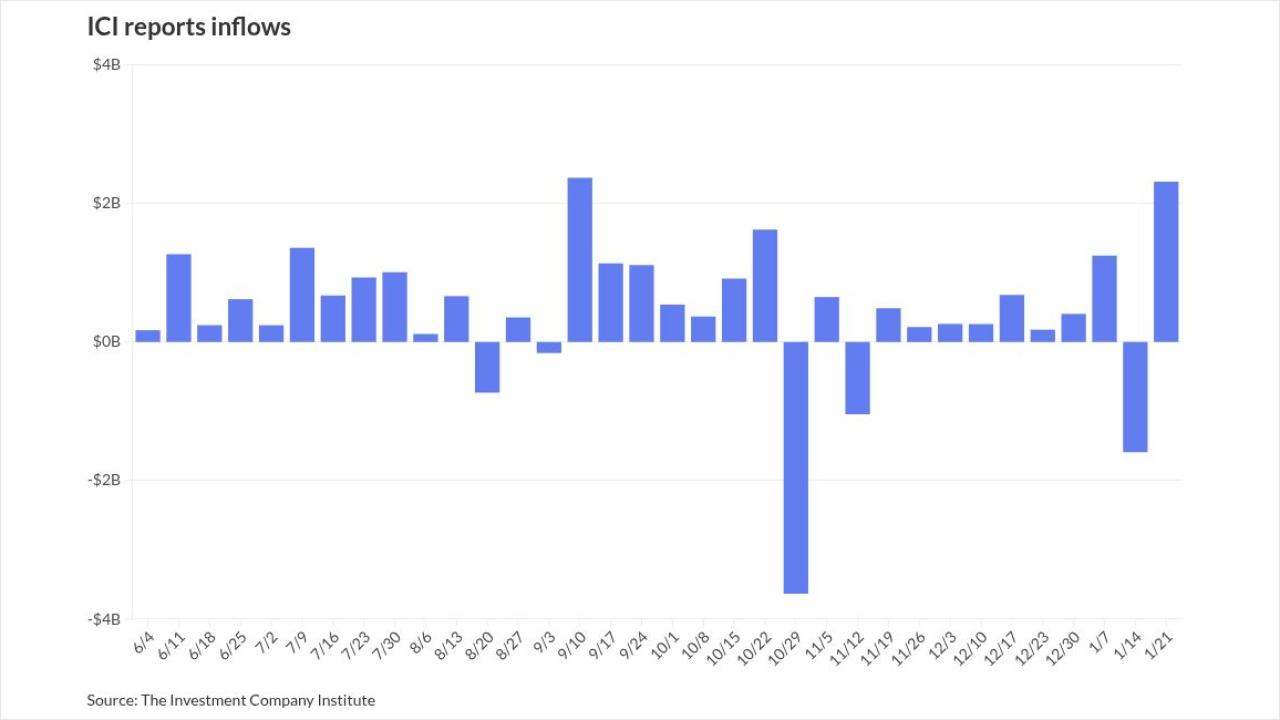
The sweeping tax and spending cuts bill that encompasses President Donald Trump's domestic agenda heads to the House of Representatives after the Senate narrowly passed the bill Tuesday morning.
In a last-minute provision that affects the municipal bond market, the bill grants spaceports access to the tax-exempt bond market to finance space infrastructure.
The "One Big Beautiful Bill" faces a fight in the House, where Republicans can only lose three votes and conservatives have registered their opposition to a number of changes from their
The House may vote as early as Wednesday, according to House Speaker Mike Johnson, R-La., who wants to send Trump the bill by July 4.
"The House will work quickly to pass the One Big Beautiful Bill that enacts President Trump's full America First agenda by the Fourth of July," Johnson said after the Senate passage.
The House Rules Committee was expected to meet Tuesday afternoon to set the floor debate terms.
The $3.3 trillion Senate bill passed by a razor-thin 51-50 vote after a 24-hour "vote-o-rama." Vice President JD Vance broke the 50-50 tie after three Republicans defected amid concerns over the legislation's Medicaid and clean-energy cuts and deficit-raising measures. Sen. Susan Collins, R-Maine, Sen. Thom Tillis, R-N.C., and Sen. Rand Paul, R-Ky., voted against the measure.
For the muni market, the passage means the mammoth tax bill moves closer to final version
The Bond Dealers of America sent members an update Tuesday outlining the Senate's changes and noting the months of industry lobbying on behalf of the exemption.
"The BDA, along with our issuer partners in the Public Finance Network led by the Government Finance Officers Association, has worked tirelessly since the passage of the 2017 Tax Cuts and Jobs Act to educate members of Congress and their staff on the importance of the tax exemption and to dispel any myths and misnomers regarding private-activity bonds," the brief said. "These efforts have worked to ensure support for the exemption remains strong in D.C."
The move to expand tax-exempt bond financing for spaceport infrastructure, which reportedly costs around $1 billion, comes from
In other bond provisions, the bill preserves a House-crafted proposal that would lower the 50% threshold test for bond-financed housing credit properties to 25%, allowing additional buildings financed with tax-exempt bonds to qualify for housing credits. The so-called Low Income Housing Tax Credit fix has been a key priority for housing advocates.
Also echoing the House bill, the Senate version broadens the use of proceeds for certain qualified small issue bonds, allowing more research and development expenses and certain manufacturing activities to qualify for tax-exempt financing.
The bill would permanently extend the increased individual alternative minimum tax exemption amounts, with an estimated cost of $1.36 billion, according to the Congressional Budget Office. It would also make opportunity zones, created under the TCJA, permanent with a $41 billion price tag, the CBO said.
The state and local tax deduction cap — which has proved among
Puerto Rico and the U.S. Virgin Islands would see their rebate from federal taxes on rum production permanently extended under the measure.
Rural hospitals, already under pressure, are likely to face further strains from the Medicaid cuts and state spending restrictions, although the Senate created a
The Senate for the first time relied on a budgeting model called





